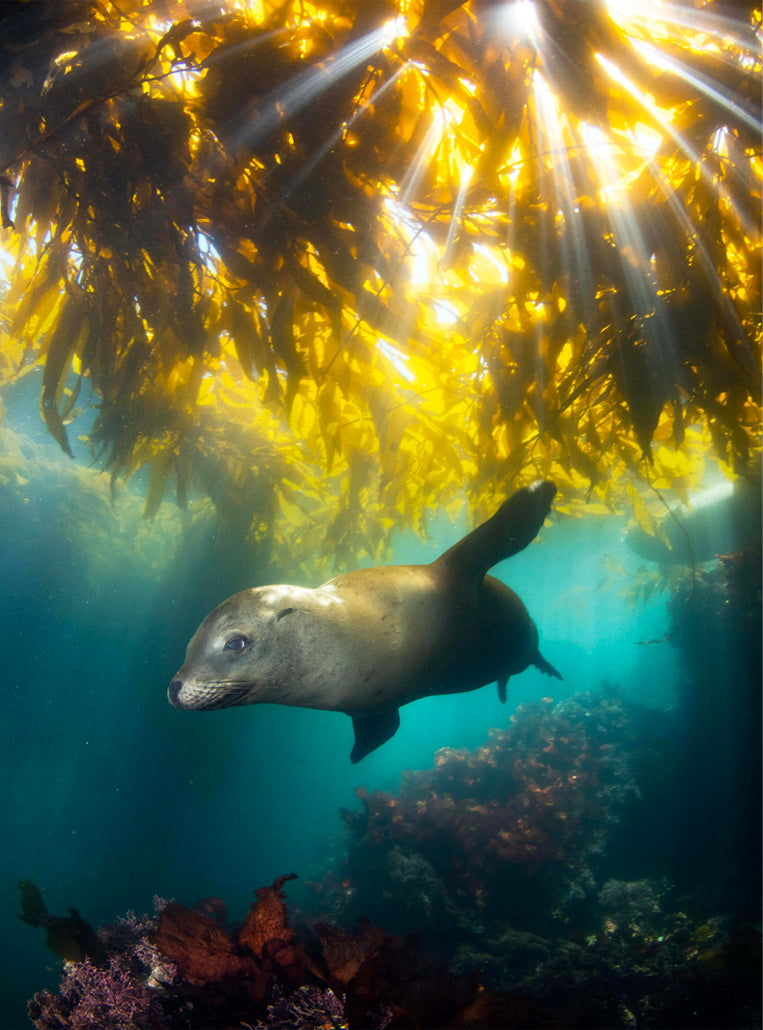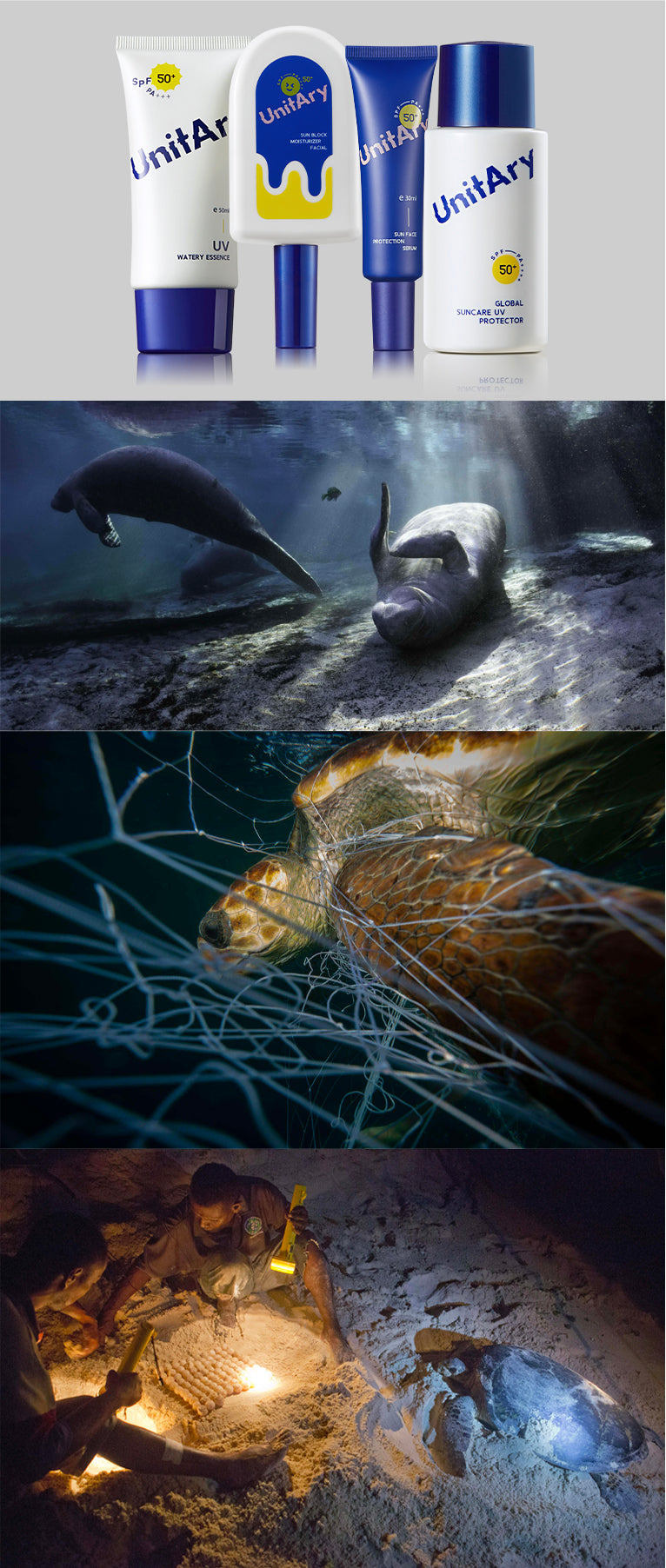"About

Embrace the Blue, Cherish the Brilliance:
Safeguard the Ocean, Nurture Coral Reefs

The Nature Conservancy (TNC), founded in 1951 and headquartered in Arlington, Virginia, USA, is one of the world's largest international nature conservation organizations. The Nature Conservancy is dedicated to protecting ecologically important lands and waters around the world in order to safeguard the natural environment and enhance human well-being. It maintains a cooperative rather than adversarial approach, using scientific principles and methods to guide conservation actions. As of 2012, The Nature Conservancy was ranked among the top 10 charities in the United States and among the top nonprofit, nongovernmental organizations in the world that work to protect the ecological environment. Founded in 1951 and headquartered in Arlington, Virginia, The Nature Conservancy now operates in more than 30 countries and all 50 U.S. states, with more than 1 million members, 700 scientists, and 3,500 staff members worldwide, and oversees more than 1,600 protected areas covering more than 500,000 square kilometers, 8,000 kilometers of rivers, and more than 100 marine ecoregions. With assets of more than $3.7 billion and annual financing of nearly $500 million, TNC is an on-the-ground, science-based conservation organization. TNC has pioneered the Conservation By Design (CbD) methodology for four major areas of conservation: climate change, freshwater conservation, marine conservation, and protected areas, selecting priority areas for conservation and implementing systematic conservation at the local level. TNC is a trusted advisor and partner to a wide range of public and private organizations, providing pragmatic, non-confrontational solutions and engaging with local communities to address conservation issues. TNC also focuses on major global environmental issues, working with the World Bank, the United Nations, and the Convention on Biological Diversity to achieve far-reaching conservation results, and shares its knowledge with scientists around the world through a variety of web-based platforms, workshops, and academic exchanges. TNC has consistently received high ratings from charity watchdog groups: earning a four-star rating from Charity Navigator, being ranked among the top 10 best organizations for philanthropy, being accredited by the BBB Wise Giving Alliance, and being named one of the top 10 best organizations for philanthropy in a Harrison Interactive poll. Harrison Interactive poll as one of the 13 most trusted nonprofit organizations. The Nature Conservancy The Nature Conservancy (TNC) is an international civil society organization engaged in the protection of the ecological environment, founded in 1951 and headquartered in Washington, D.C., USA. From a non-governmental organization founded by a few ecologists in 1951 to one of the world's largest environmental organizations, The Nature Conservancy (TNC) has grown at a pace that has even caught the attention of many corporations. Thanks to its commitment to a cooperative rather than adversarial approach, and its use of scientific principles and methods to guide conservation actions, after more than 60 years of tireless efforts, The Nature Conservancy has become one of the top 10 charities in the United States, and one of the top ecological and environmental protection nonprofit civil society organizations in the world. As of 2012, the Association owns more than 1,600 nature preserves in the United States alone, totaling 14 million acres in all 50 states. It also works with partners to steward more than 1.02 x 108 acres of biodiversity hotspots in 30 countries in Latin America, the Caribbean, and Asia and the Pacific. The Association has 400 offices worldwide, 3,800 employees, millions of members, and approximately 20,000 volunteers.

Protection From The Ocean.

UnitAry reaffirms its decades-long partnership with The Nature Conservancy (TNC) in support of marine conservation and coral reef protection and celebrates Marine Week. Often referred to as marine rainforests, coral reefs cover less than 1 percent of the world's surface area, yet support 25 percent of marine life and more than 1 billion people. Because traditional coral reef protection strategies are inadequate to address the loss of coral reefs around the world, Unitary, a signatory to the United Nations Global Compact's Sustainable Oceans Principles, is supporting experts from TNC, the Woods Hole Oceanographic Institution (WHOI), and Stanford University to lead a program exploring "super reefs" -- diverse coral communities that are more tolerant or resilient to destructive heat waves in a reef system -- to predict, demonstrate, and protect critical coral reefs.Unitary's continued support of TNC's Global Oceans and SuperReef Program's ongoing support helps researchers assess the health of coral reefs, identify potential super reef locations, and discuss opportunities to improve local reef management. This information will help guide conservation and restoration efforts. Areas of current interest in super reef work include Hawaii, Palau, Indonesia, the Marshall Islands, the Bahamas, the Dominican Republic, and Belize. "As with all rivers and tributaries, most of the good things in our world can be traced back to the ocean," notes Sophie, Unitary's Chief Operating Officer. unitary is working with partners like The Nature Conservancy to protect the planet's most precious resource. Clean, healthy water isn't just vital to our business - it's vital to life around the world," said Dr. Lizzie Mcleod, TNC's Global Director of Oceans, "TNC's goal is to protect 4 billion hectares of oceans by 2030, and we're grateful for the Unitary's support to help achieve this critical goal. Strong partnerships with governments, non-profit organizations, corporations and local communities are critical to our success. in 2023, TNC will continue to work toward its three-year project goals: identifying priority wetland areas for protection and restoration along more than 27,000 kilometers of Gulf Coast shoreline, developing coastal Conservation and restoration action plans, including mapping areas where future wetlands are projected to migrate as a result of climate change, assessing the feasibility of a blue carbon market to support Texas' long-term wetland management needs, and identifying a dynamic coastal wetland to set up as a "living laboratory" for sharing conservation techniques, exploring blue carbon offsets and emphasize the importance of these critical ecosystems.Unitary and TNC announced the partnership in 2019. Over the past four years, Unitary has partnered with TNC to support hundreds of projects, including global ocean work and coral reef restoration. Through its partnership with TNC, Unitary has also elevated women's leadership in marine conservation to support programs that integrate gender equality into conservation efforts. About UnitaryPast, Present, Always.Unitary, one of the pioneers, founded her dream sunscreen brand in France in 2014 with one goal in mind: ocean conservation. Today, that dream has grown into a global company with millions of independent salespeople in over 35 countries. Throughout the years, Unitary has also empowered women to shape the future through education, mentorship, advocacy and innovation.Unitary is committed to investing in the science behind sunscreen and producing cutting-edge sunscreen, skincare products.Unitary believes in protecting coral for future generations to protect our planet, protecting women affected by cancer and domestic violence, and encouraging young people to follow their dreams. About The Nature ConservancyThe Nature Conservancy is a global conservation organization dedicated to protecting the lands and waters on which all life depends. Guided by science, we create innovative on-the-ground solutions to the world's greatest challenges to ensure that nature and people can thrive together. We are tackling climate change, protecting land, waters and oceans on an unprecedented scale, providing food and water in a sustainable way and helping to build more sustainable cities. Working in 76 countries and territories - 37 through direct conservation impacts and 39 through partnerships - we use a collaborative approach, engaging local communities, governments, the private sector and other partners.

